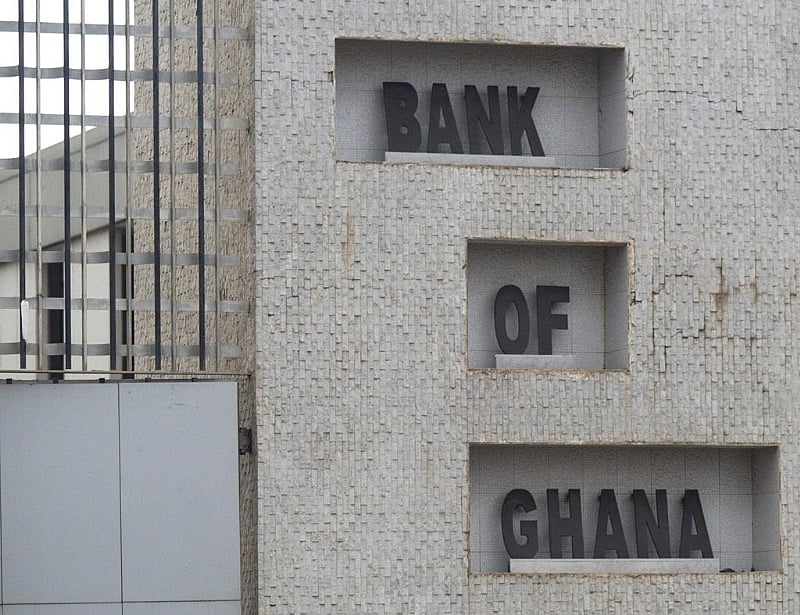The total amount of money circulating within Ghana’s economy grew significantly in 2024, reaching GH₵71.6 billion by the end of December, an increase of nearly 60% from the GH₵44.5 billion recorded in 2023, according to the Bank of Ghana’s latest Financial Statement released on June 5, 2025.
The report highlights a sharp rise in the volume and value of high-denomination currency notes, with the GH₵200 note seeing the most dramatic surge. Its circulation value doubled from GH₵12.3 billion in 2023 to GH₵24.3 billion in 2024.
Similarly, GH₵100 notes in circulation increased in value from GH₵14.5 billion in 2023 to GH₵18.5 billion last year. Meanwhile, the GH₵20 denomination maintained a consistent presence in the economy, with a total circulation value of GH₵5 billion in both years.
The central bank also disclosed a substantial increase in operational costs related to currency management. In 2024, the Bank of Ghana spent GH₵1 billion on currency-related expenses, up from GH₵688 million in 2023. This includes the cost of printing new notes and minting coins, which jumped from GH₵675 million in 2023 to GH₵986 million in 2024.
In addition, GH₵14.4 million was spent last year on importing foreign currencies to meet the needs of commercial banks and businesses—a move aimed at stabilising liquidity and supporting trade and banking operations.
The BoG’s report underscores the growing demand for cash in the economy, driven in part by inflationary pressures, population growth, and increased economic activity. The significant rise in the circulation of high-value denominations also reflects changing consumer preferences and transaction patterns in a cash-reliant economy.


